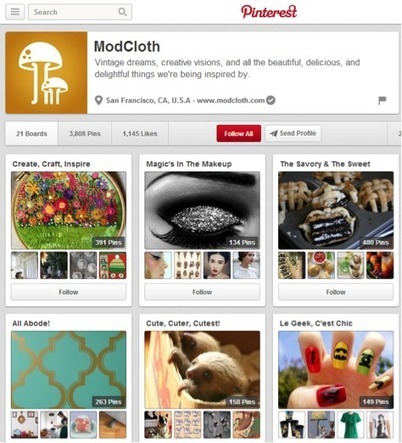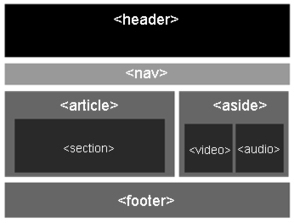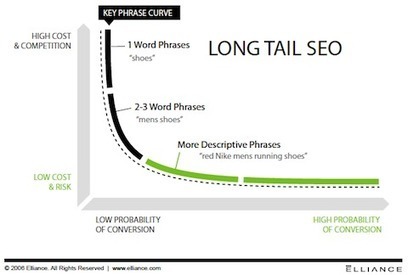2013 marked another year of frenzied growth in the land of experience design. As connectivity has increased and mobile saturation has become a global reality, users expect more ease and sophistication than ever.
Research and publish the best content.
Get Started for FREE
Sign up with Facebook Sign up with X
I don't have a Facebook or a X account
Already have an account: Login
 Your new post is loading... Your new post is loading...
 Your new post is loading... Your new post is loading...
|

Neil Ferree's curator insight,
September 13, 2013 10:25 AM
Conversational and Semantic Search with Long Tail SEO is where I am targeting my editorial calendar. Read this article on why I'm doing this? 
Martin (Marty) Smith's comment,
September 14, 2013 2:30 PM
Great post by Neil & great scoop by Dianal.

Ray Hiltz's curator insight,
July 19, 2013 8:42 AM
Interesting conversation about importance of shares as a metric for Google and the threat of "app-ification" (+ 
janlgordon's comment,
July 19, 2013 1:39 PM
Marty, this is excellent, love your insights here, only time will tell but I think you're definitely on the right track........
|
















Great post if not for the faint of heart:
Context Aware
Google Now caused two shifts in the context-aware space by 1) Providing all the right data, and 2) Taking design very seriously. Beyond the interface, context-aware computing calls for a deep examination of user behavior and complex interaction patterns. This blend of data and design is the essence of the context-aware computing trend as it relates to user experience.
This is the beginning of "semantic web" ad an article well worth reading more than once.